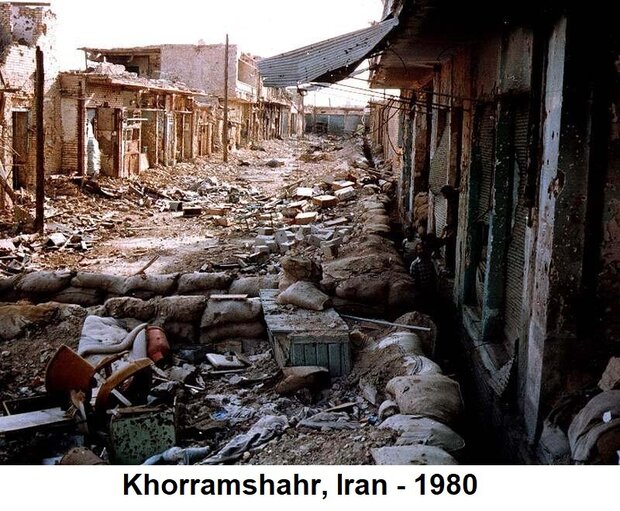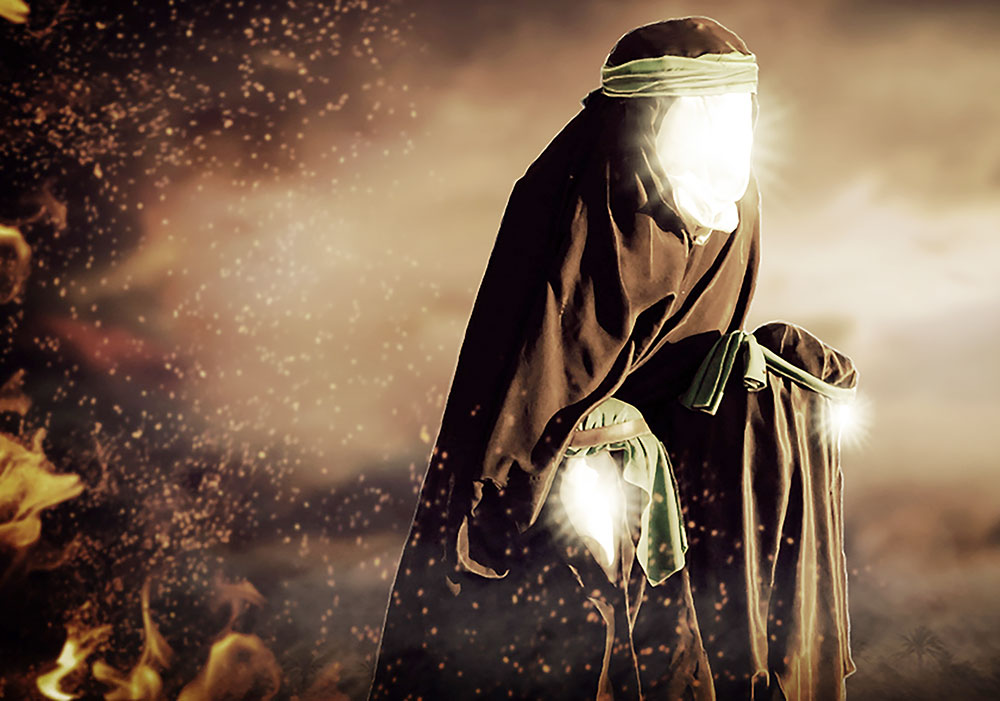
Muslim feminists deserve to be heard
Women don't have to give up Islam for rights, argue Randa Abdel-Fattah and Susan Carland.
Orientalists writing on Islam and Muslims have tended to represent Muslim women as infantilised and oppressed, victims in need of rescue by the enlightened West. This is a classic example of the tyranny of self-projection, where the ''rescuer'' assumes a position of superiority so the belief systems, values and norms of Muslim women are judged against the Western experience.
The work of Muslim human rights and social justice advocates is discredited and ignored. It is as if liberation and freedom are the monopoly of secular feminists. Muslim women are apparently too downtrodden to care to make a difference.
If they do insist on fighting for equality and justice within an Islamic perspective, their efforts are dismissed, assuming freedom and Islam are mutually exclusive, or, worse, that Muslim women are brainwashed, suffering from a form of religious Stockholm syndrome.
This patronising discourse arrogantly assumes the way to overcome patriarchy is to abandon Islam and adopt ''Western values''. How can a constructive effort to improve the situation of women begin when the conversation is so unsophisticated, demeaning and primitive?
Muslim women have engaged in the quest for dignity, democracy and human rights, for full participation in political and social affairs, since the time of Prophet Mohammed. As Amina Wadud, the American-Islamic feminist scholar, said: ''By going back to primary sources and interpreting them afresh, women scholars are endeavouring to remove the fetters imposed by centuries of patriarchal interpretation and practice.''
There is a long way to go for women in many Muslim societies, just as there is for women everywhere. But if we are interested in change, it is time to let go of outdated Orientalist arguments and ill-informed generalisations that see Islam as ''The Problem''.
It is time to respect the fact that Muslim women are fighting for their rights and doing so without giving up their allegiance and commitment to Islam. Their quest does not stem from imported Western values but is integral to the Islamic tradition. Demonising their convictions is unhelpful - and a repudiation of the feminist ideal of the right for women to autonomy and freedom of choice.
Randa Abdel-Fattah is a lawyer and author, and Susan Carland is a lecturer in politics at Monash University.
The Sydney Morning Herald
Source: http://www.smh.com.au
Randa Abdel-Fattah and Susan Carland
Orientalists writing on Islam and Muslims have tended to represent Muslim women as infantilised and oppressed, victims in need of rescue by the enlightened West. This is a classic example of the tyranny of self-projection, where the ''rescuer'' assumes a position of superiority so the belief systems, values and norms of Muslim women are judged against the Western experience.
The work of Muslim human rights and social justice advocates is discredited and ignored. It is as if liberation and freedom are the monopoly of secular feminists. Muslim women are apparently too downtrodden to care to make a difference.
If they do insist on fighting for equality and justice within an Islamic perspective, their efforts are dismissed, assuming freedom and Islam are mutually exclusive, or, worse, that Muslim women are brainwashed, suffering from a form of religious Stockholm syndrome.
This patronising discourse arrogantly assumes the way to overcome patriarchy is to abandon Islam and adopt ''Western values''. How can a constructive effort to improve the situation of women begin when the conversation is so unsophisticated, demeaning and primitive?
Muslim women have engaged in the quest for dignity, democracy and human rights, for full participation in political and social affairs, since the time of Prophet Mohammed. As Amina Wadud, the American-Islamic feminist scholar, said: ''By going back to primary sources and interpreting them afresh, women scholars are endeavouring to remove the fetters imposed by centuries of patriarchal interpretation and practice.''
There is a long way to go for women in many Muslim societies, just as there is for women everywhere. But if we are interested in change, it is time to let go of outdated Orientalist arguments and ill-informed generalisations that see Islam as ''The Problem''.
It is time to respect the fact that Muslim women are fighting for their rights and doing so without giving up their allegiance and commitment to Islam. Their quest does not stem from imported Western values but is integral to the Islamic tradition. Demonising their convictions is unhelpful - and a repudiation of the feminist ideal of the right for women to autonomy and freedom of choice.
Randa Abdel-Fattah is a lawyer and author, and Susan Carland is a lecturer in politics at Monash University.
The Sydney Morning Herald
Source: http://www.smh.com.au
Randa Abdel-Fattah and Susan Carland








اترك تعليق